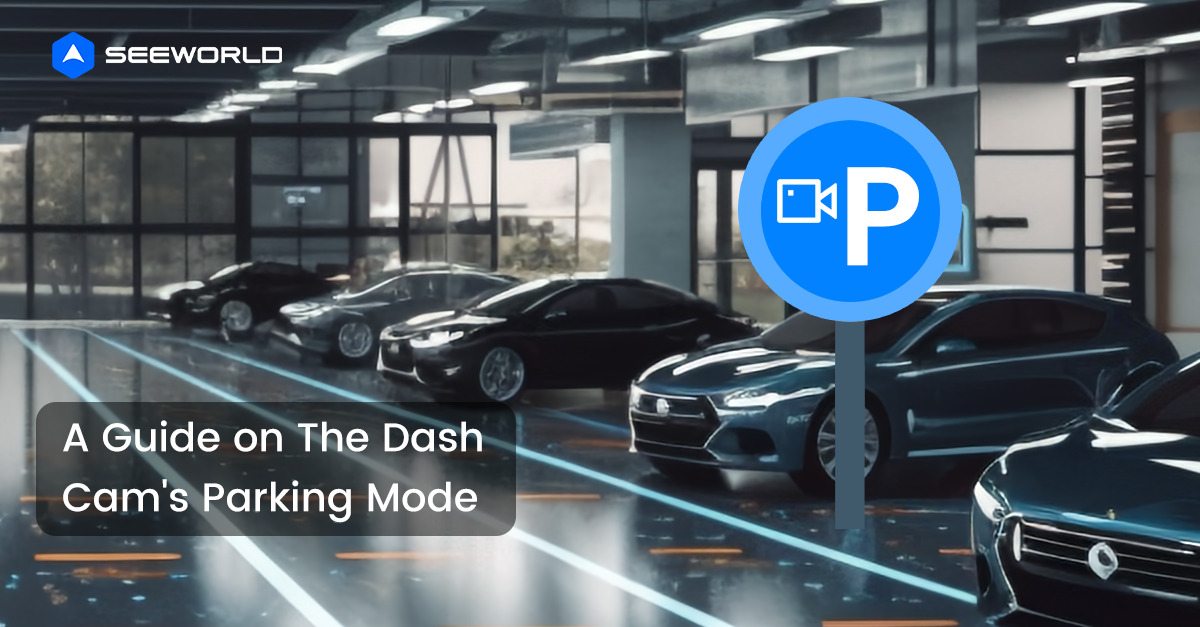Introduction
In our ever-evolving technological landscape, GPS tracking systems have emerged as indispensable tools with multifaceted applications.
From enhancing fleet management to ensuring personal safety, the features embedded within these systems play a pivotal role in shaping the efficiency and effectiveness of diverse operations.
This blog delves into the intricate details of GPS tracking system features, shedding light on their significance and practical applications.
Real-Time Tracking
At the core of GPS tracking systems lies the ability to provide real-time location data. This feature enables users to monitor the precise locations of assets, vehicles, or individuals instantaneously.
Whether for fleet managers optimizing routes, businesses ensuring timely deliveries, or concerned parents keeping tabs on their children, real-time tracking forms the foundation of GPS systems.
Route Optimization
Modern vehicle tracking tools are crucial for route optimization, helping companies save both time and money.
These tools overcome challenges commonly faced when routes for drivers are planned by hand.
Without this technology, companies often struggle with issues like overlapping routes, drivers traveling unnecessary distances, or inefficiently assigning new jobs to vehicles.
Much time was lost in coordinating with drivers over the phone regarding their next destinations or route changes.
By implementing a vehicle tracking system, fleet managers can efficiently plan and optimize routes right from the start of each day.
They can track where drivers are headed and plan the most cost-effective routes. This planning takes into account various factors, such as customer preferences and special requirements for deliveries.
This level of route optimization ensures smoother operations and reduced costs.
Geofencing Capabilities
One of the advanced features of GPS tracking systems is the implementation of geofencing. This allows users to create virtual boundaries on maps and receive alerts when a tracked device enters or exits the specified area.
Businesses can optimize logistics, parents can receive notifications when their children arrive at or leave predefined locations, and security is heightened through the establishment of secure zones.
Historical Location Data
GPS tracking systems offer the invaluable ability to access historical location data. This feature allows users to review and analyze past routes, stops, and movements.
Fleet managers can identify patterns for route optimization, and individuals can maintain a detailed record of their travel history.
The historical data feature enhances decision-making processes and provides a comprehensive overview of tracked activities.
Speed Monitoring
Ensuring adherence to speed limits is crucial for both safety and regulatory compliance.
GPS tracking systems offer speed monitoring features that alert users when a tracked vehicle exceeds predefined speed limits.
This not only promotes safe driving practices but also aids in reducing fuel consumption and maintenance costs for fleet operators.
Customized Reporting
Businesses and individuals benefit from the customizable reporting capabilities of GPS tracking systems. Users can generate detailed reports on various parameters such as distance traveled, fuel consumption, and stop durations.
These reports facilitate data-driven decision-making, helping organizations optimize their operations and improve overall efficiency.
Maintenance Reminders
For fleet managers and vehicle owners, proactive maintenance is essential to ensure optimal performance and longevity. GPS tracking systems can be programmed to provide maintenance reminders based on mileage, engine hours, or specific usage patterns.
This feature helps prevent costly breakdowns and extends the lifespan of assets.
Why WhatsGPS
WhatsGPS is the world’s leading dynamic IoT tracking platform, providing comprehensive and integrated IoT industry positioning services and video solutions for domestic and foreign enterprises, governments, and individuals, through remote program control, real-time positioning, data visualization, etc.
A variety of core functions realize the connection of human-vehicle data, efficient management, and solving the asset risk control and monitoring needs of industries such as auto finance, smart logistics, smart environmental protection, and smart electric motorcycles.
Conclusion
In conclusion, GPS tracking systems are redefining the way we approach navigation, safety, and efficiency across diverse sectors.
The comprehensive features discussed in this blog highlight the versatility and utility of these systems.
As technology continues to advance, we can anticipate further innovations in GPS tracking, continually elevating the standards of precision, reliability, and functionality.



